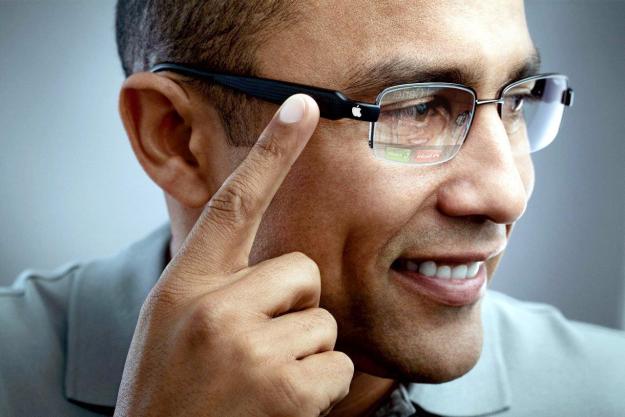Apple is starting to reopen some of its stores around the world after closing them on March 14 due to the coronavirus.
All but one of its 22 stores in Australia are set to open their doors on Wednesday, May 7, after the government there announced the easing of lockdown restrictions that have been in place for more than a month.
The one Australian Apple Store remaining closed is in Sydney as it’s undergoing renovations.
The tech giant will also reopen its first store in Europe this week, in Vienna, Austria. Forty-two stores that Apple shuttered earlier in the year in China have already reopened.
But U.S. shoppers hoping to visit an Apple Store will have to wait longer as the country continues to tackle the pandemic. The last we heard was that U.S. stores would stay shut until at least early May, but there’s no indication that Apple will be reopening them anytime soon. We’ve reached out to the company for an update on the situation regarding its American brick-and-mortar sites and we will update this article when we hear back.
Future visits to an Apple Store will be a very different experience for some time to come. Keen to reassure customers and staff that it’s doing everything to keep them safe, Apple will perform temperature checks on every visitor at the entrance, and ask everyone to put on a face covering before stepping inside.
In addition, it will place limits on the number of people coming into the store, and insist that once inside, visitors practice social distancing by keeping at least 2 meters apart. With Apple Stores designed in a way to encourage people to get hands-on with its products, the company is promising to disinfect display devices regularly in case any are picked up by a person infected with the coronavirus, or anything else for that matter. Store opening hours will also be reduced for the time being.
The company said that for now, it wants to focus on service and support at its Apple Stores, suggesting that customers use its online store to make purchases.
So what if your Apple device breaks down and your local Apple Store and repair centers are all closed? Digital Trends has some tips for what to do.
Clearly, the company is approaching the matter of store reopenings on a site-by-site basis after assessing local conditions regarding lockdown rules and the spread of the coronavirus. If any virus hot spots return, you can expect that Apple will quickly shutter its stores again until more favorable conditions prevail. We’ll be sure to keep you posted on any developments.
Editors' Recommendations
- Everything you need to know about the massive Apple App Store outage
- These two Apple Watches are now banned in the U.S.
- Apple may have great news for Mac gamers at its ‘Scary Fast’ event
- Apple’s cheaper Vision Pro headset may have been scrapped, report claims
- Amazon expands its virtual healthcare service across the U.S.

